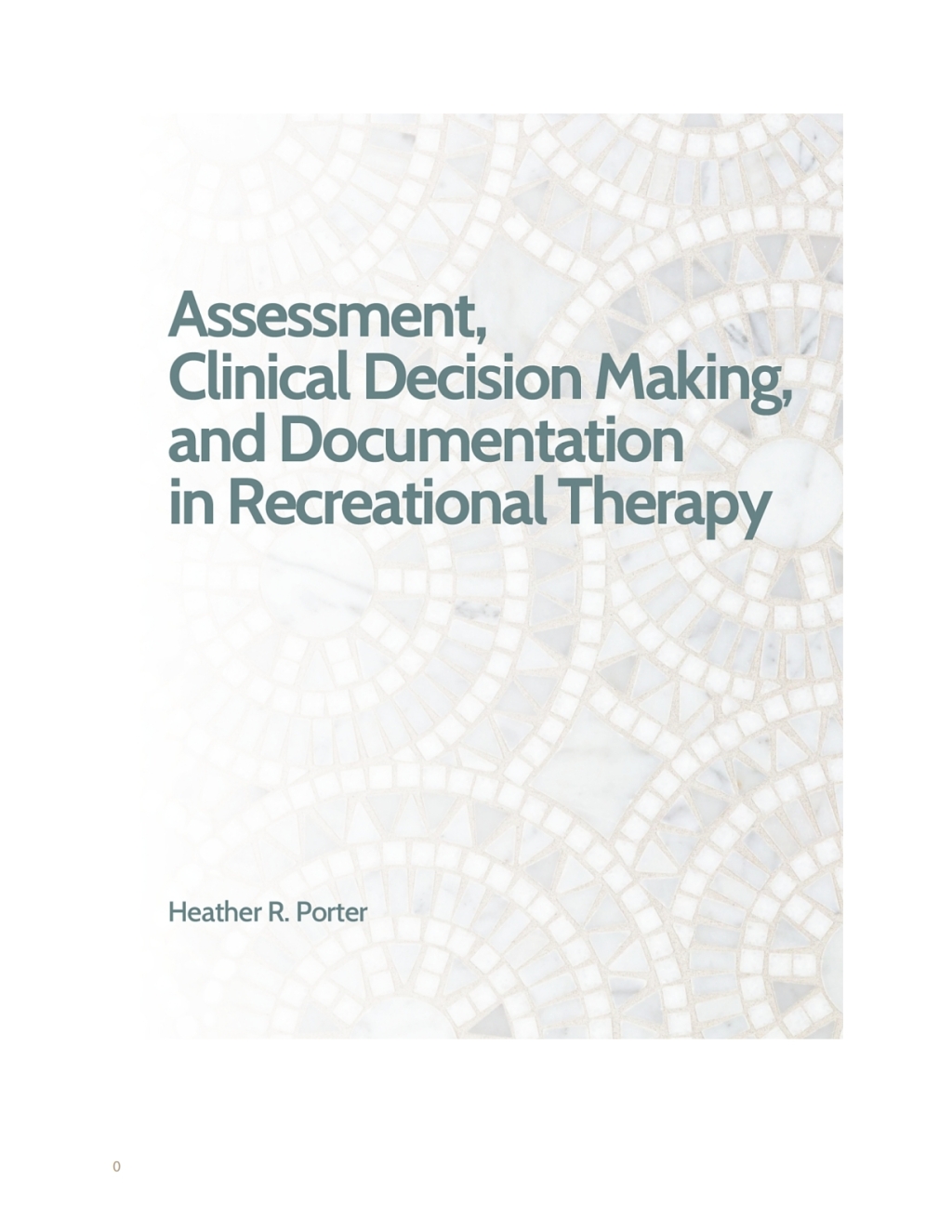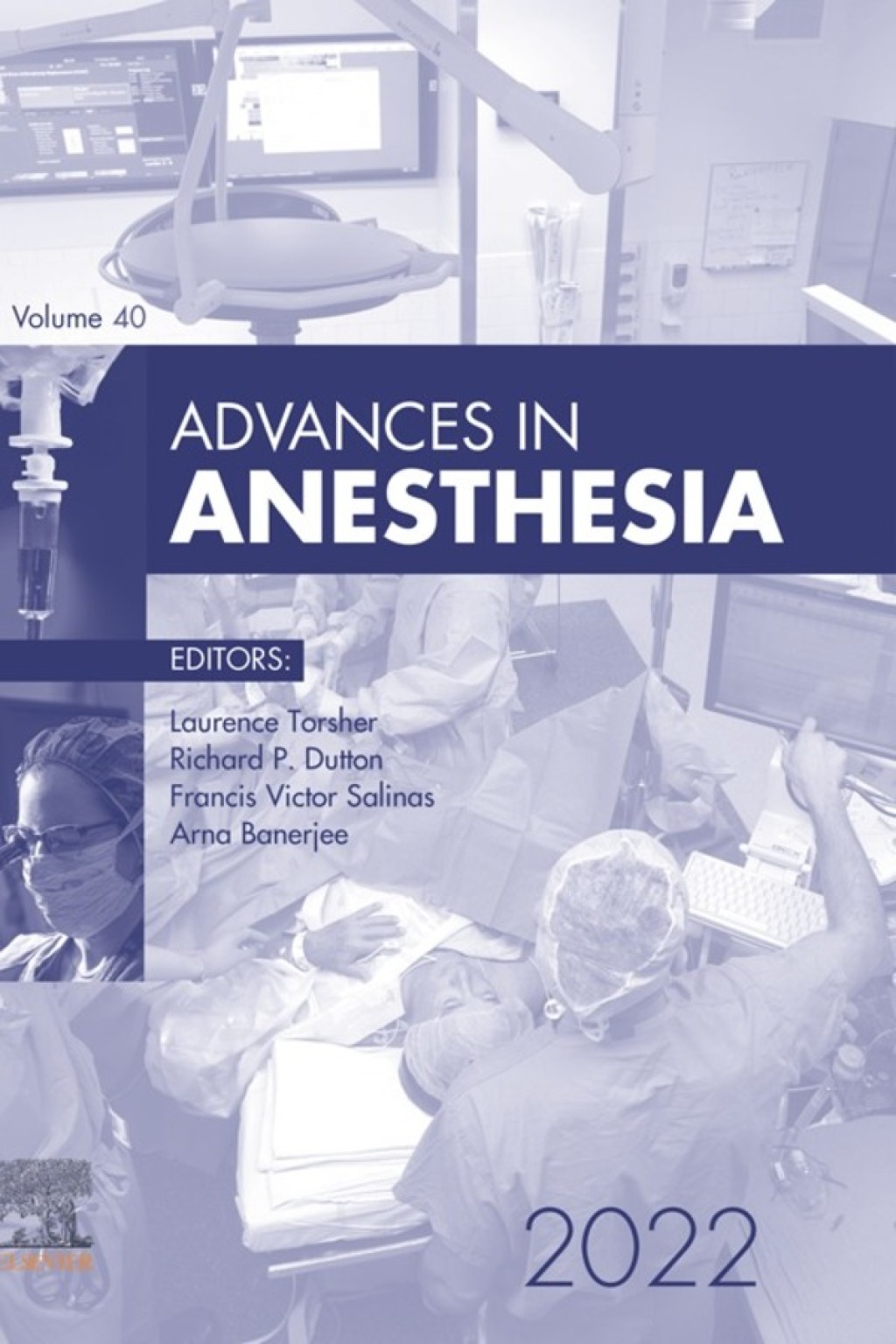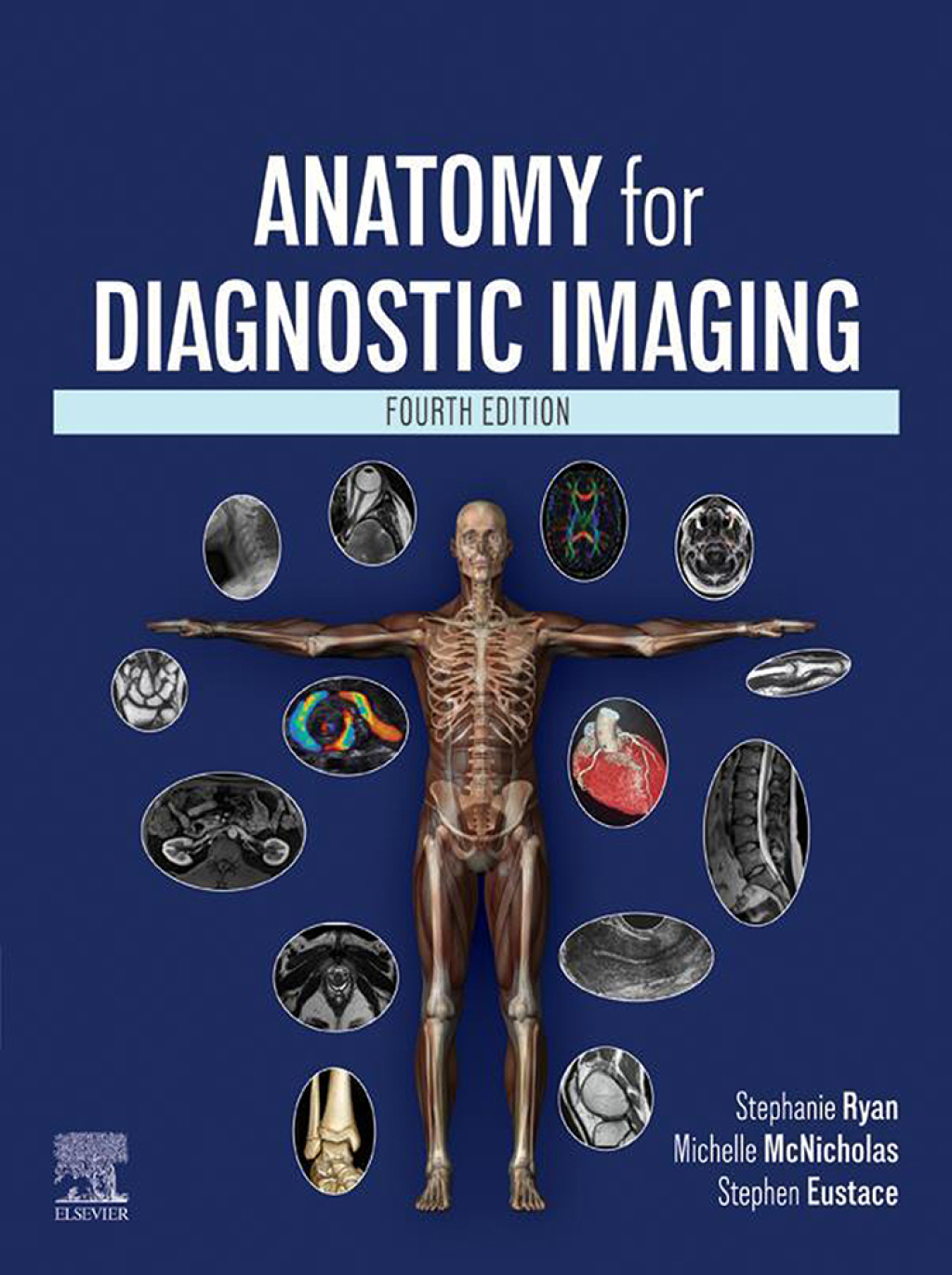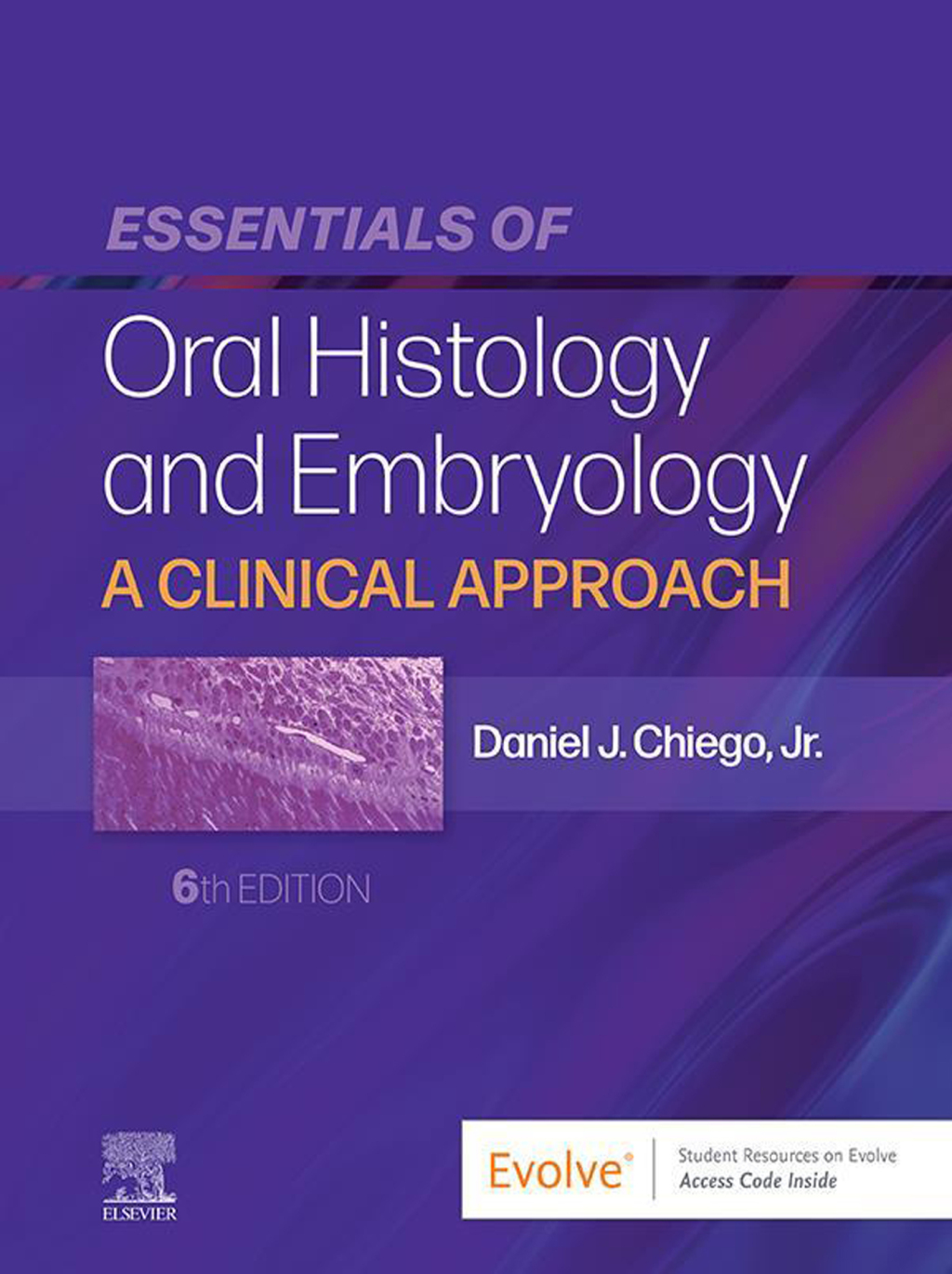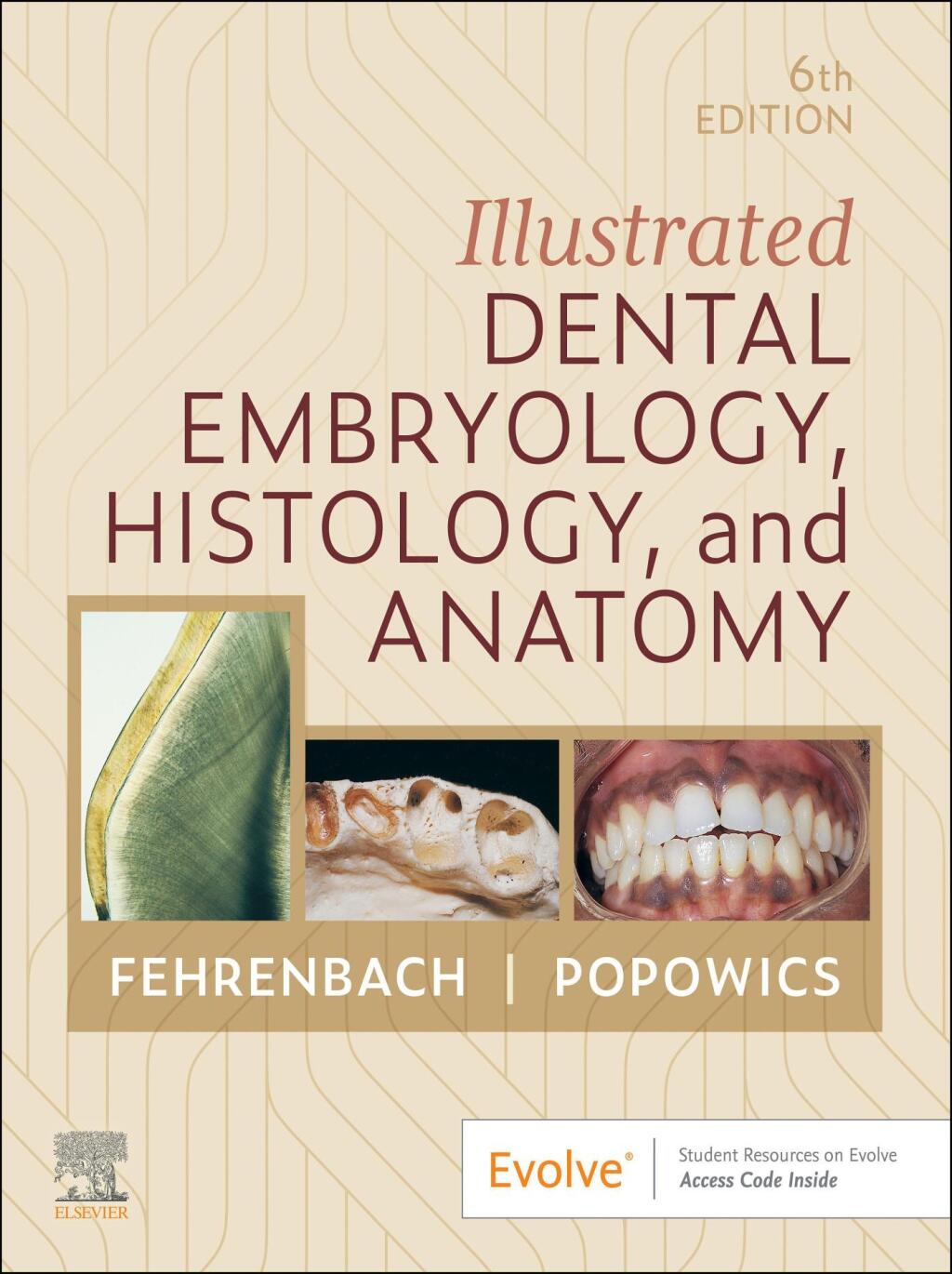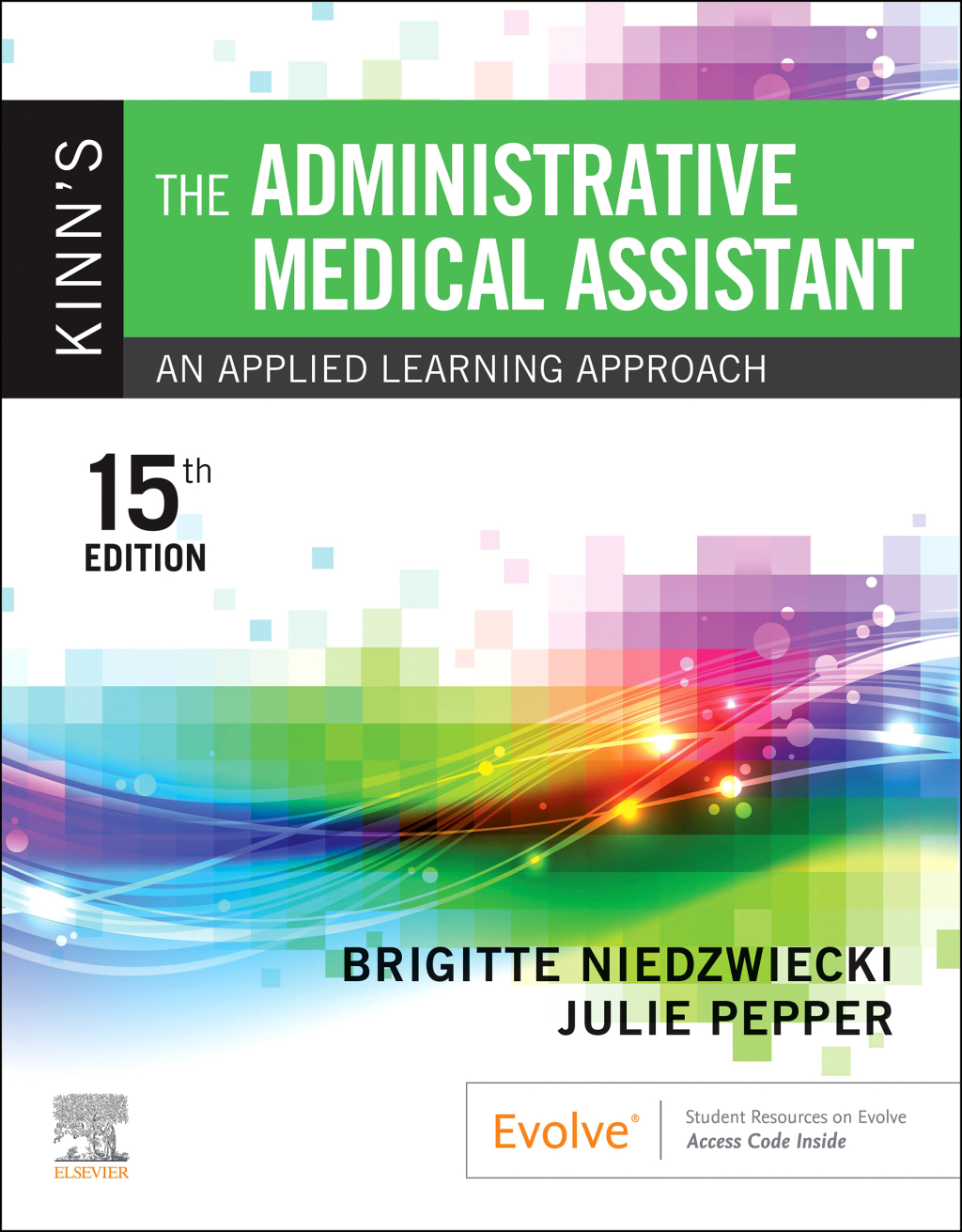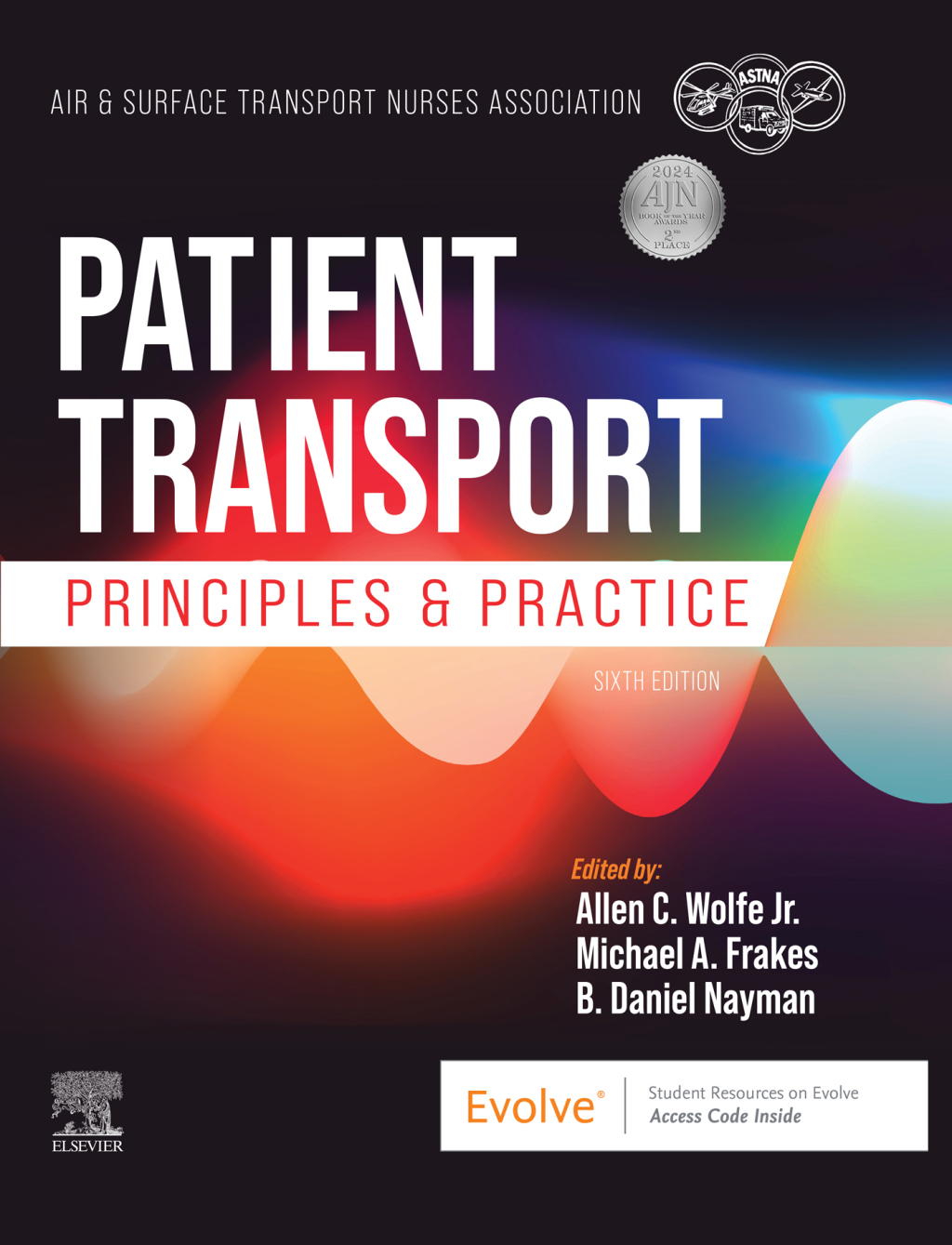Assessment, Clinical Decision Making, and Documentation in Recreational Therapy 1st Edition
Author(s): Heather R. Porter
Publisher: RecThera
ISBN: 9798334912977
Edition: 1st Edition
$39,99
Delivery: This can be downloaded Immediately after purchasing.
Version: Only PDF Version.
Compatible Devices: Can be read on any device (Kindle, NOOK, Android/IOS devices, Windows, MAC)
Quality: High Quality. No missing contents. Printable
Recommended Software: Check here
Important: No Access Code
Description
Assessment, clinical decision making, and documentation are not separate tasks but rather interconnected and supportive processes that shape effective client care. Therapists use clinical reasoning to make assessment and treatment decisions that are reflected in documentation, and the structure and components of documentation influence and shape clinical reasoning. Consequently, a systematic approach to documentation can facilitate a consistent biopsychosocial viewpoint with balanced clinical reasoning.
This book explains these connections in an easy-to-understand format that can be helpful for recreational therapy practitioners looking for alternative structures for their clinical reasoning and documentation and for recreational therapy internship supervisors and educators seeking to develop students’ assessment, clinical decision making, and documentation skills. The book contains documentation examples, but it does not include all possible documentation types in different settings. Instead, it provides a method for learning good assessment and documentation skills that can be adapted to other settings. Chapter 1 introduces the reader to documentation basics, including its purpose, history, types of notes, legal aspects, guidelines, ethics, symbols, abbreviations, terminology, and healthcare coding. This is followed by a review of the International Classification of Functioning, Disability, and Health (ICF), which forms a framework for clinical decision making, holistic client care, and documentation (Chapter 2). Understanding this framework prepares the reader to learn the 5-step assessment preparation process (Chapter 3), the RT assessment methods of clinical interview, direct request, standardized assessment tools, activity engagement, and observation (Chapter 4), and the integration of seven types of clinical reasoning (Chapter 5) related to initial assessment and treatment planning (Chapter 6), session and progress notes (Chapter 7), and discharge planning (Chapter 8). The book contains over 90 tables/figures, 30 practice exercises, and a robust and informative appendix.



